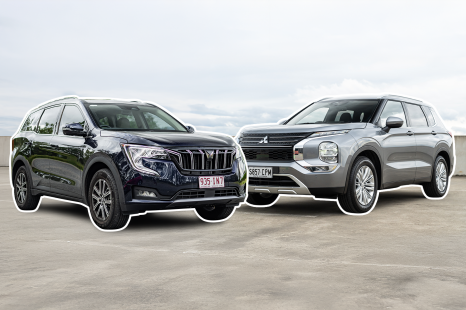

Andrew Maclean
3 Days Ago
One of the company's local executives has asked if 230,000 hybrid sales in Australia count for nothing, insisting net zero is everyone's goal.

Senior Contributor


Senior Contributor
Toyota Australia’s vice president of sales and marketing Sean Hanley has bristled at accusations that his company is a handbrake on CO2 emissions reductions due to its slow rollout of battery electric vehicles.
Far and away Australia’s biggest car brand with north of 20 per cent market share, Toyota won’t launch its first full EV until 2023, in the form of the (delayed) bZ4x SUV which it concedes will be expensive and limited in supply.
The company has also been accused of lobbying US law-makers to reconsider an all-out EV push there, as per the New York Times, partly down to its commitment to hydrogen fuel-cell and hybrid cars – the latter being an area where it’s easily the market leader.
A fired-up and admittedly “frustrated” Mr Hanley pushed back on this narrative when we asked him this week for his response to accusations that Toyota had gone from climate hero to climate villain.
MORE: Toyota clashes with shareholders over its slow EV rollout MORE: Toyota accelerates battery EV sales target by 75 per cent
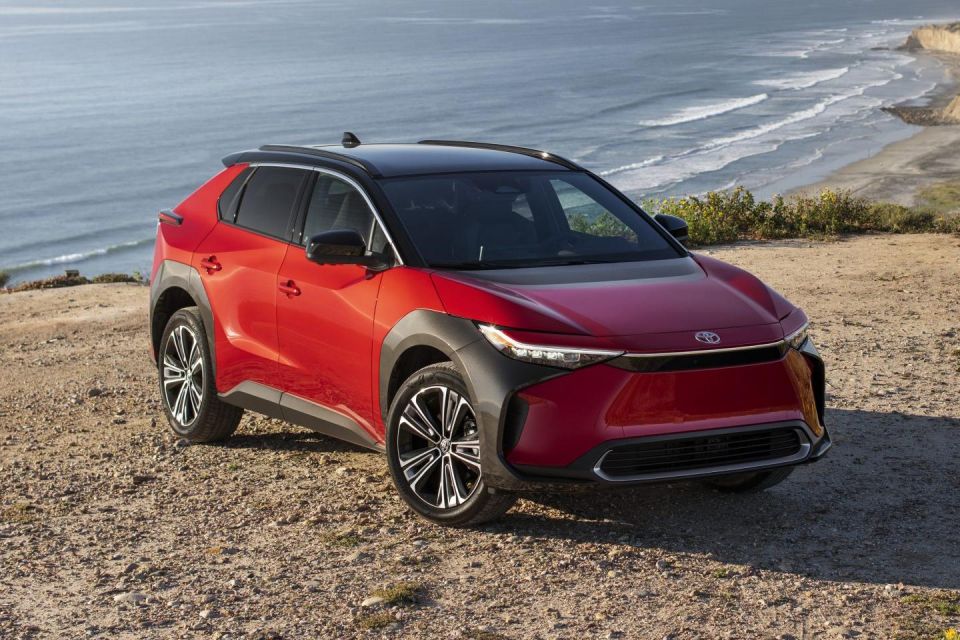
“I’ll start by saying something that our global president said a number of times, which I completely agree with: carbon is the enemy here,” he told us.
“My response to Toyota [being] perceived to be lagging is one of somewhat frustration at times, because we’ve sold over 230,000 hybrid vehicles in the Australian market since October 2001. I think that we’ve played a significant role in those 22 years to reduce our carbon footprint in the Australian domestic market.
“And whilst I understand that everyone’s got an opinion on electric cars and how it should, and when it should, and why it should, carbon’s the enemy.
“There’s not one single car company, including Toyota, that doesn’t want to reduce its carbon footprint as soon as practical and possible. We’ve committed $5.6 billion in battery production in Japan and the US [this week].
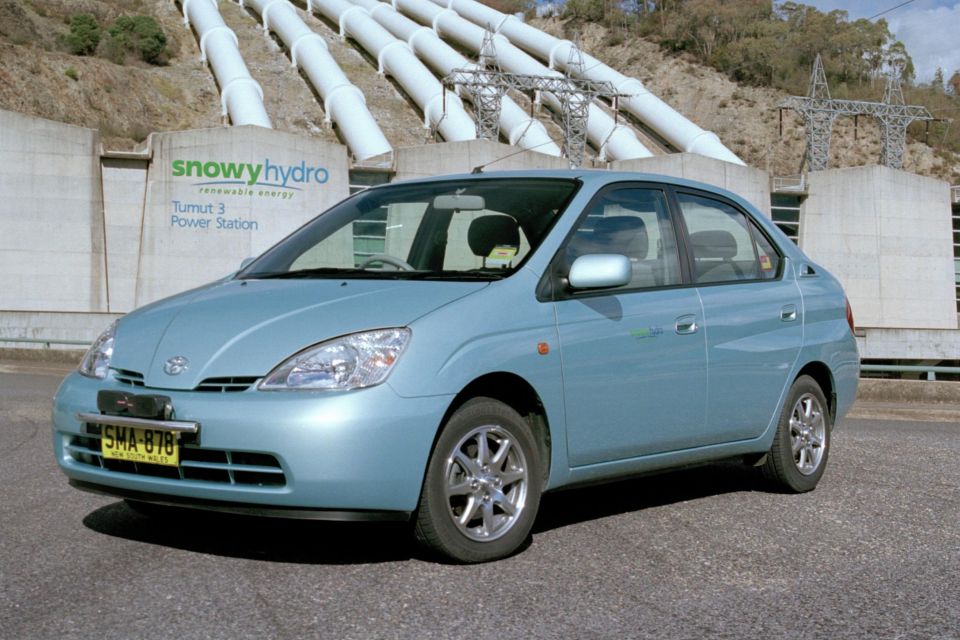
“Carbon’s the enemy, not a particular powertrain. I remember when we launched the first hybrid and let me tell you, we were the only car company that’s been consistently in the market for those years… no one else was doing it. One other car company, one other car company had a go [being Honda].
“In fact my recollection is that people thought hybrid was a fad. So to suggest that we are behind is actually an incorrect statement. We’ve led that race in this country for 22 years, right? In a practical sense.
“Now I hear this commentary about how we’re behind and I think people don’t realise how much carbon we have reduced over 22 years in the Australian domestic market. And maybe the question should be to those people saying that we are lagging: ‘Well, how much have you reduced over the last 22 years in the Australian market?’”
When we put the case to Mr Hanley that Toyota’s long-running hybrid leadership made its undeniably sluggish EV rollout all the more jarring, he leaned on the company’s long-standing view that a diverse range of drivetrains would be needed to make sure nobody is left behind.
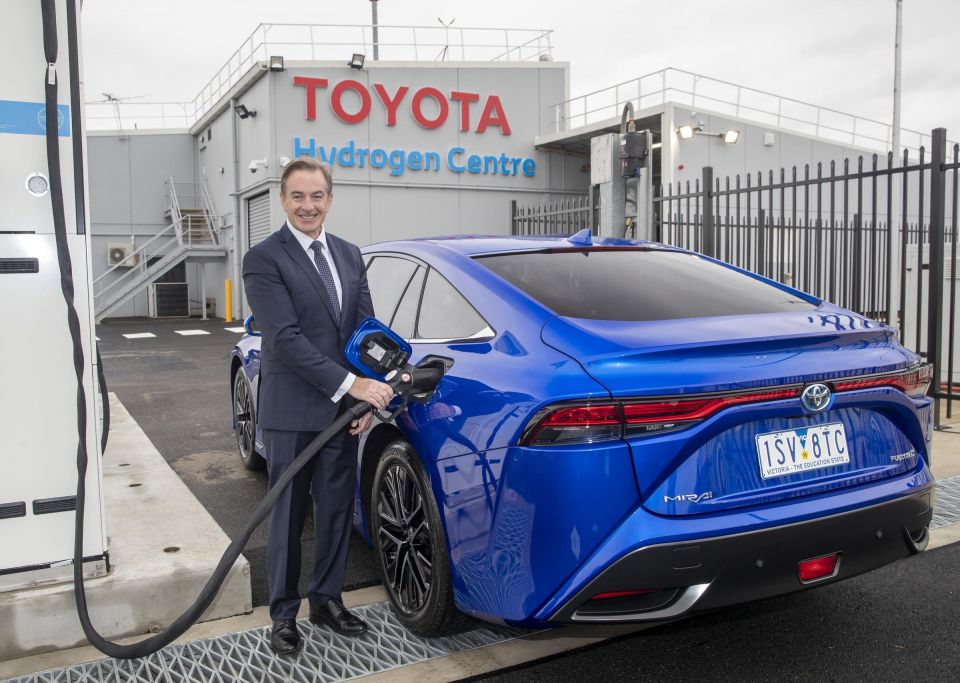
“There’s not too many other car companies with a fuel-cell hydrogen car riding around right now, we’ll launch our first battery-electric vehicle into the market next year, we’ve got hybrid vehicles, we’ll have plug-in hybrid vehicles.
“The point is we believe that carbon’s the enemy and to get carbon neutrality, you’ve got to offer a diverse range of technologies relevant to the market that you are in,” he contended.
“Otherwise I don’t think you can get there that quick, because the Australian market’s very different. We want carbon neutrality, we want to get down to zero emissions, but you’ve got to do it in a practical and well thought out way.
“So my message to those that are saying we’re lagging: we don’t agree with that. But what I will say, is as an industry, [including] associations affiliated with our industry, and lobby groups, [we] need to come together and agree on a direction because we all know that carbon neutral is where we want to go.”
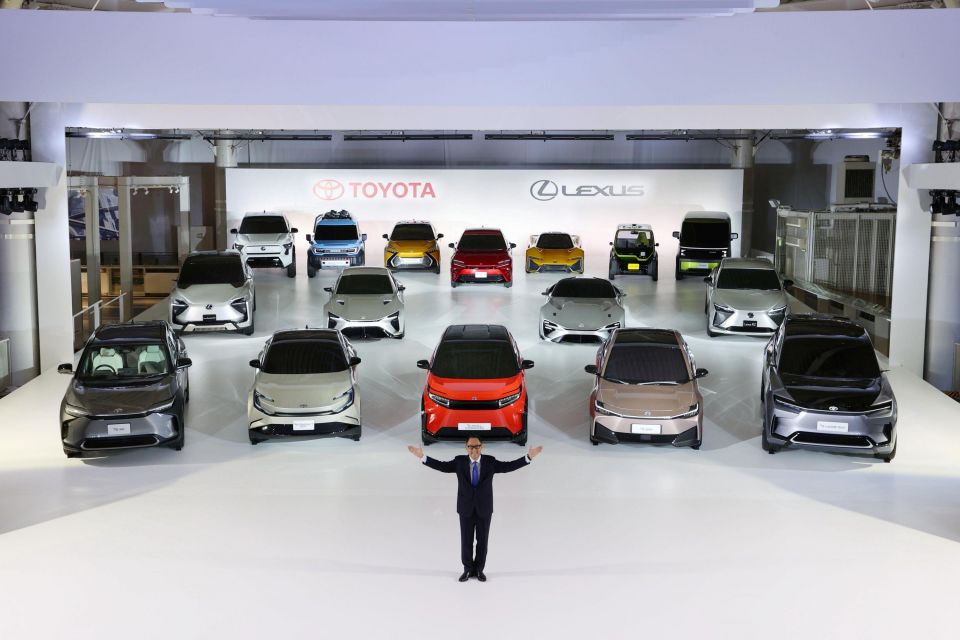
It’s clear that Mr Hanley is referring in part to a growing disconnect between the Federal Chamber of Automotive Industries, the car brand’s current peak body, and the newer EV Council that claims we need to ban new internal combustion cars by 2035 to get to net zero by 2050.
The FCAI has been accused of pushing a watered-down emissions reduction scheme, with some in the industry privately claiming this is due in part to Toyota’s outsized influence.
Toyota Motor Australia president and CEO Matthew Callachor is the FCAI’s Chairman.
Mr Hanley added his view that any mandatory enforcement of technologies that wasn’t fully thought-out would leave people behind, suggesting policies that work in Europe or parts of the US (where new ZEVs will be mandatory by 2035) might not work for Australians.
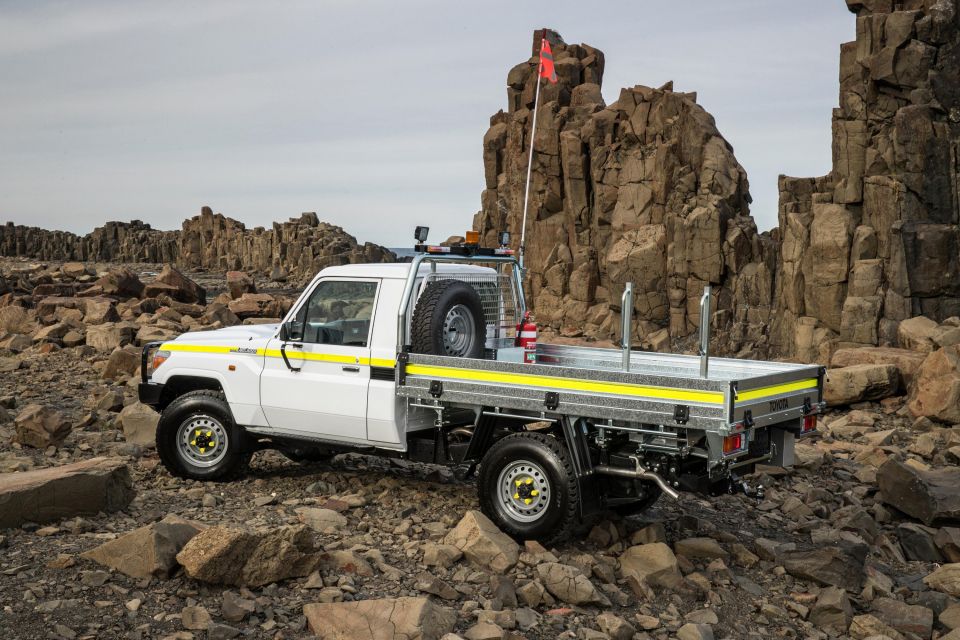
“…I’ve always been taught in my years of business, the customer comes first, and I don’t think anything’s changed here in this regard. How are you going to go and tell all those farmers they’ve got to have battery cars that aren’t practical or don’t work for them or cost a fortune?
“Our job is to bring this technology to market in a practical way that delivers on carbon neutrality and is still fit for purpose.”
According to FCAI-supplied data, Toyota is the lowest CO2 emitter per car when it comes to passenger cars and light SUVs, but performs far less well with its bigger-selling heavy 4x4s and commercial vehicles that dominate in Australia’s regions in particular.
Australia, for example, is the world’s biggest market for the LandCruiser, and the HiLux diesel ute is the market’s top-selling vehicle.
MORE: Dumping ground no more? Australian Government’s affordable EV push MORE: Q&A with Paul Sansom, Volkswagen Group Australia managing director
Take advantage of Australia's BIGGEST new car website to find a great deal on a Toyota.


Andrew Maclean
3 Days Ago
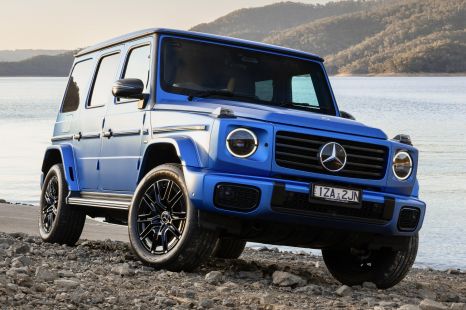

Max Davies
3 Days Ago
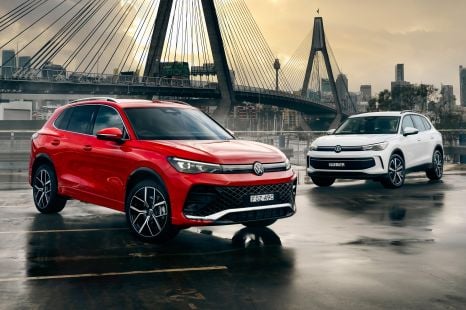

Max Davies
3 Days Ago
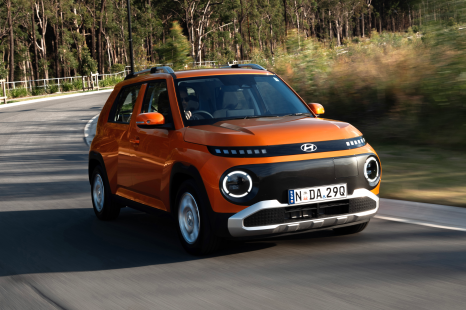

Josh Nevett
2 Days Ago
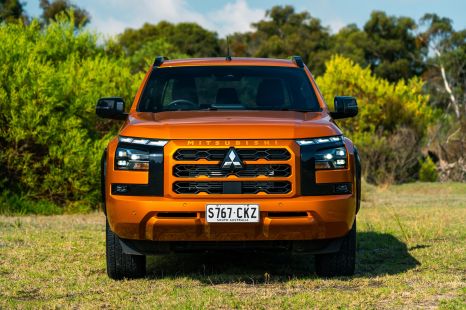

William Stopford
2 Days Ago
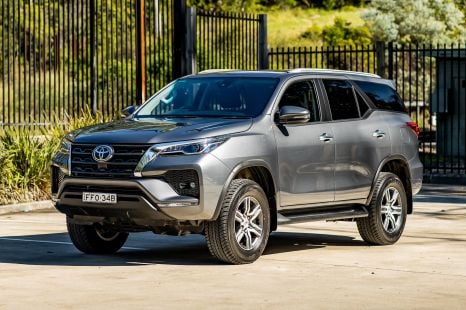

Matt Campbell
1 Day Ago